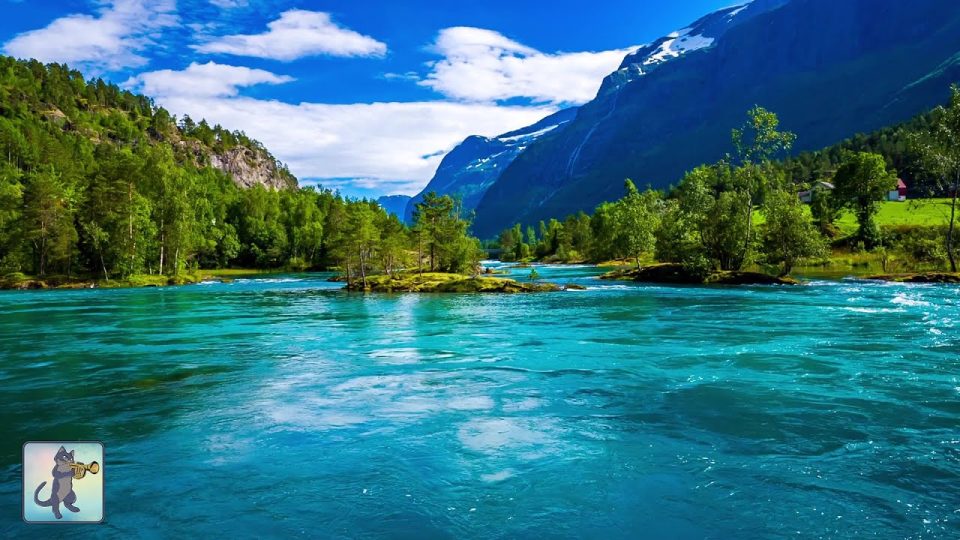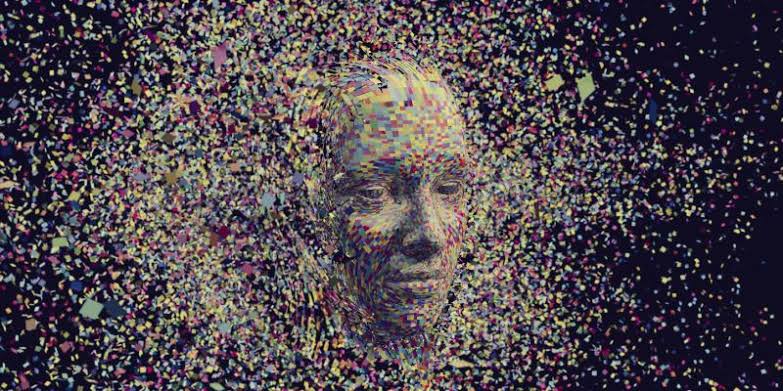The Reconquista was a period of almost eight centuries, from the 8th to the 15th century, during which the Christian kingdoms in the Iberian Peninsula gradually reconquered the territories that had been occupied by the Muslim Moors. The Reconquista started in the early 8th century, after the Muslim conquest of the Iberian Peninsula in 711, and ended with the fall of Granada in 1492.
The Reconquista was a long and complex process, marked by numerous wars and battles, as well as political and religious conflicts. The Christian kingdoms that took part in the Reconquista were initially weak and disorganized, but over time they were able to consolidate their power and expand their territories. The Reconquista was not a single unified effort, but rather a series of campaigns carried out by different kingdoms and rulers at different times.
One of the most important outcomes of the Reconquista was the establishment of a Christian-dominated political and religious landscape in the Iberian Peninsula. As the Christian kingdoms gradually pushed the Muslim Moors southwards, they established their own territories and their own systems of governance, which were based on Christian principles and values. The Reconquista also led to the establishment of a number of powerful Christian kingdoms, including Castile, Aragon, and Portugal.
The Reconquista also had a significant impact on the religious landscape of medieval Spain. As the Christian kingdoms gained more and more territory, they were able to establish their own churches and religious institutions, which were often in conflict with the Islamic religious institutions that had been established during the Muslim rule of the Iberian Peninsula. The Reconquista also led to the emergence of a powerful Catholic Church in Spain, which played a dominant role in the political and cultural life of the country.
Another important outcome of the Reconquista was the emergence of a distinctive Spanish identity. The Christian kingdoms that took part in the Reconquista were able to forge a sense of national identity based on their shared history, language, and religion. This sense of national identity was further reinforced by the expulsion of the Jewish and Muslim communities from Spain in the late 15th century, which made Spain an exclusively Christian country.
Overall, the Reconquista was a transformative period in the history of Spain, shaping the political, religious, and cultural landscape of the country for centuries to come. Its legacy can still be felt today in the rich and diverse cultural heritage of Spain, as well as in the enduring tensions between different regions and communities within the country.

















